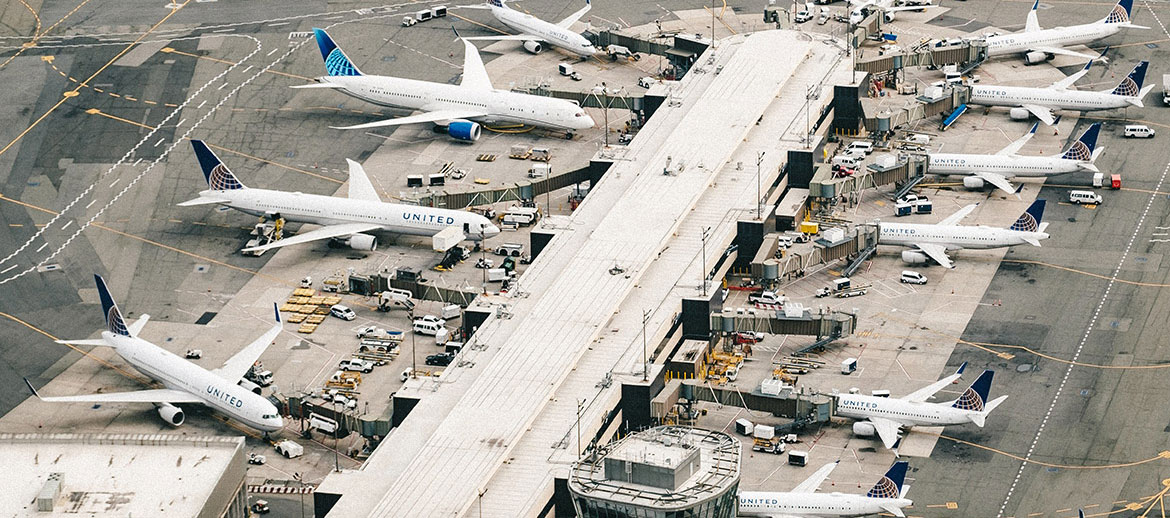News Articles

One of this week's biggest stories was China's decision to scrap quarantines for foreign visitors starting January 8. Such quarantines were as long as three weeks at their peak and killed all prospects of foreign travel into China since the start of the pandemic.
Now the next big step in the rapid dismantling of China's Covid restrictions will be the resumption of more international flights and visas for overseas tourists. Foreign business travellers are already being issued visas it is understood, but it could be months before Beijing feels convinced enough to accept tourists.
The profit gloom that has engulfed much of China's private sector is also overtaking the country's massive state-run industries. The latest government data shows that profits at China's industrial firms, which tend to be state-run, fell 3.7% in the first 10 months of 2022, accelerating from a 2.9% drop in the first nine months.
The change represents another nail in the coffine for China Inc. Private companies that are dominating the new economy and services sector have suffered the most pain from China's harsh Covid restrictions in 2022. This new suffering in the state sector was likely one factor in Beijing's recent decision to quickly end most of the Covid restrictions.
Offshore-listed Chinese stocks continued their recent hiatus last week as not much happened in the traditionally quiet time between Christmas and New Year. The Hang Seng China Enterprises Index gained a slight 0.8% for the week, while the iShares MSCI China ETF rose 1.7%. Those compared with a 1.1% rise for the broader Hang Seng Index.
The HSCE Index ended down 19% for the year having been down by as much as 39% in late October. A strong rally on welcomed regulatory moves recouped much of the losses, with the rally looking to continue for the first few months of 2023 as China starts reopening for business after nearly three years of drastic pandemic restrictions.
China's real estate despairs continued to be a staple fixture in the headlines and are likely to stay a staple well into 2023. One news reports said as many as 25 developers have plans to raise cash through share sales after an end to a ban on such sales. Another said a southern city had lifted home-buying limits, and a third said the property collapse is hurting steel companies.
This trinity of headlines illustrates how problems in China's property market spread through much of the economy, such as stock markets and the building materials sector. Of course, it's still entirely possible ths year could finally bring China's "Lehman moment," catalyzed by the collapse of a one of the massive developers, but Beijing's seemingly limitless bank account make a lighter landing seem more probable.
After not approving new video games for most of the year, China's regulator suddenly refound its Christmas spirit at the end of the year. The latest list of approved games includes 45 foreign titles for domestic release and 85 domestic titles.
The foreign titles were the first to be accepted in to China in 18 months, and industry titan Tencent also was issued several new licenses after being denied new approvals for amost thes ame time as the foreign companies.
The resumption fuelled the increasing opinion view that China is moving its focus from a wave of economy-destroying regulations to becoming more business-friendly.
China continues to state its commitment to carbon reduction, but its actions paint a different picture after approving more than 60 million kilowatts of coal-fired power plants in 2022, over three times approvals for 2021.
China has previously committed to reaching peak carbon emissions by 2030 and going carbon-neutral by 2060. However, this raft of approvals shows that kickstarting the economy through infrastructure investment will win against any environmental concerns for the forseeable future.